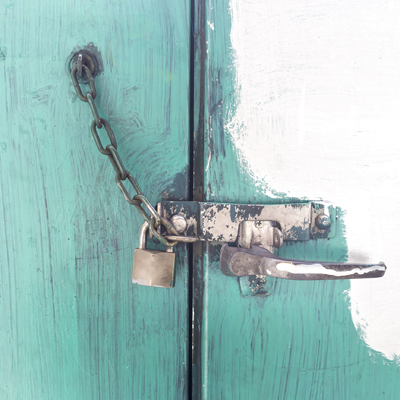
DoLS came about as a result of a decision in the European Court of Human Rights, didn’t it? Does that mean DoLS will automatically ‘go away’?
The answer is really ‘yes – but on the other hand no!’
What do I mean by that? The position is that DoLS are going to be replaced, hopefully by something simpler and easier to get your head around, but that’s nothing to do with the EU.
Quick history re-cap
By the end of WWII, nobody wanted ever to see again anything like the horrors of that war and the complete ignoring of so many people’s human rights – ending in the gas chambers.
So the top lawyers of the time, most of them actually British, worked out some basic rules that would mean politicians and judges – and the rest of us – would always recognise that everyone must be treated equally, whatever their background, or gender, or religion, or whether they’re disabled or not.
These rules ultimately go back to our own Magna Carta, which gave a real right to people in England that they wouldn’t be imprisoned – deprived of their liberty – except after a legal process they could understand, and challenge, if they thought they’d been imprisoned wrongly.
The outcome was the European Convention on Human Rights. It was in place by 1950, and an overwhelming number of countries signed up to it. All this was before the EU even existed. Iceland and Switzerland are in the Convention, but aren’t part of the EU; other members of the Convention from outside the EU are Norway, Albania, and Russia.
The situation now
All these countries, like ourselves, have this convention on human rights at the heart of their laws. And they’re all bound by the European Court of Human Rights, which regularly hears cases about what is going on there when they ignore their citizens’ basic human rights.
So to go back to the question: how does this affect DoLS? It’s quite right that this country had to change its laws to keep within the convention, but it was the European Court that made this decision – not the EU, though we were a member.
And leaving the EU doesn’t mean leaving the Convention.
Changes to DoLS
Since DoLS came in, people have found them really hard to understand. The language is complicated, and DoLS are certainly going to be replaced. I’ll tell you about the changes in a later blog. The current plan is for the new ideas to be put before Parliament in December, but even if they keep to this timetable we’ll probably still have DoLS for a couple of years.
So, the changes will come, and be welcomed. But they’re nothing to do with the EU.




